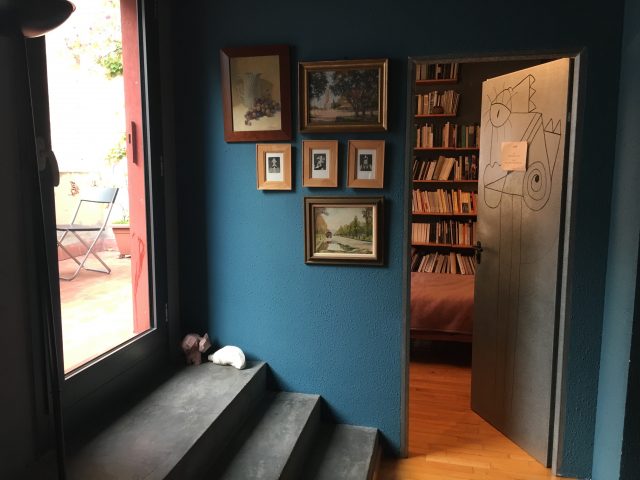Peer-to-peer accommodation and sharing economy from tourists’ perspective
- VisitKarelia Destination Destination Marketing Workshop with University of Eastern Finland - February 18, 2020
- Tourism Marketing and Management to start studying extraterrestrial tourists - April 1, 2019
- Overview of Quantitative Data Analysis Methods in SPSS - March 19, 2019
Airbnb has become one of the largest accommodation companies in the world if counted by the rooms available. Its rapid growth has been enabled by a phenomenon known as sharing economy. People are less inclined to own things and are getting used to share what they own with other people. Peer-to-peer accommodation happens when a person rents an apartment or a room they own to other person and this is typically enabled by digital platforms such as Airbnb. We wanted to study how this peer-to-peer accommodation phenomenon is shaping tourist behavior results from three different studies are now available online, elaborating what is important in peer-to-peer accommodation from traveler perspective.

Source: https://intelligence.slice.com/airbnb-bookings-59-percent-muted-major-markets/
How is peer-to-peer accommodation shaping travel behavior?
In the first study we found out that sharing economy and peer-to-peer accommodation especially are good for tourism destinations. Availability of peer-to-peer accommodation enables wider selection of destinations for tourists, increase length of stay, travel frequency and number of activities tourists participate in the destination. Especially travelers’ desires for more meaningful social interactions with locals and unique experiences in authentic settings drive them to travel more often, stay longer, and participate in more activities.
Tussyadiah, I. P., & Pesonen, J. (2016). Impacts of peer-to-peer accommodation use on travel patterns. Journal of Travel Research, 55(8), 1022-1040.
What drives and hinders peer-to-peer accommodation use?
In the second study we explored the market characteristics and the factors that drive and hinder the use of P2P accommodation to better explain the phenomenon of collaborative consumption in the tourism and hospitality marketplace. Using responses from travellers residing in the United States and Finland, exploratory factor analyses revealed two factors that drive the use of P2P accommodation: social appeal (desire for community and sustainability) and economic appeal (cost savings). The barriers include issues of trust, efficacy and familiarity with the system, and cost.
Tussyadiah, I. P., & Pesonen, J. (2016). Drivers and barriers of peer-to-peer accommodation stay–an exploratory study with American and Finnish travellers. Current Issues in Tourism, 1-18.

Peer-to-peer accommodation
What kind of peer-to-peer accommodation users there are?
In the third study we examined the drivers of peer-to-peer accommodation in more detail and focused on different P2P accommodation user groups. We found out that the major drivers affecting the use of P2P accommodation services are the age of consumers, active use of the Internet and online technologies, and the frequency of international travel. Cluster analysis identified two user profiles corresponding to consumer motivations for using P2P accommodation services. The first consumer group uses P2P accommodation services to make their trips more convenient, while the second uses them mostly for social reasons.
Pesonen, J. & Tussyadiah, I. (2017). Peer-to-peer accommodation: drivers and user profiles. In Dredge, D., & Gyimóthy, S. (Eds.) Collaborative Economy and Tourism. Perspectives, Politics, Policies and Prospects. Springer. pp. 285-303. http://www.springer.com/gp/book/9783319517971
Get a master’s degree in tourism business
Are you looking for an international tourism-focused master’s degree programme in business? Tourism Marketing and Management programme by University of Eastern Finland provides a unique learning experience for students who have finished their bachelor’s degree and are looking for new skills and knowledge in developing tourism industry in a sustainable way. Read more about the programme at www.uef.fi/tmm.